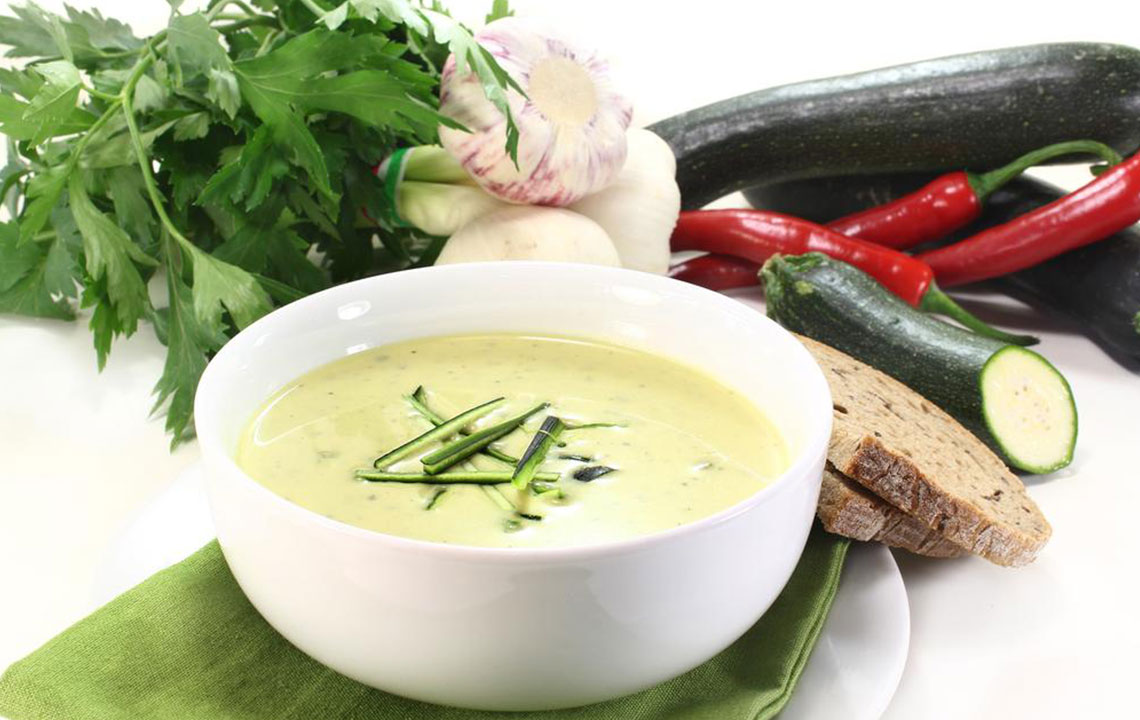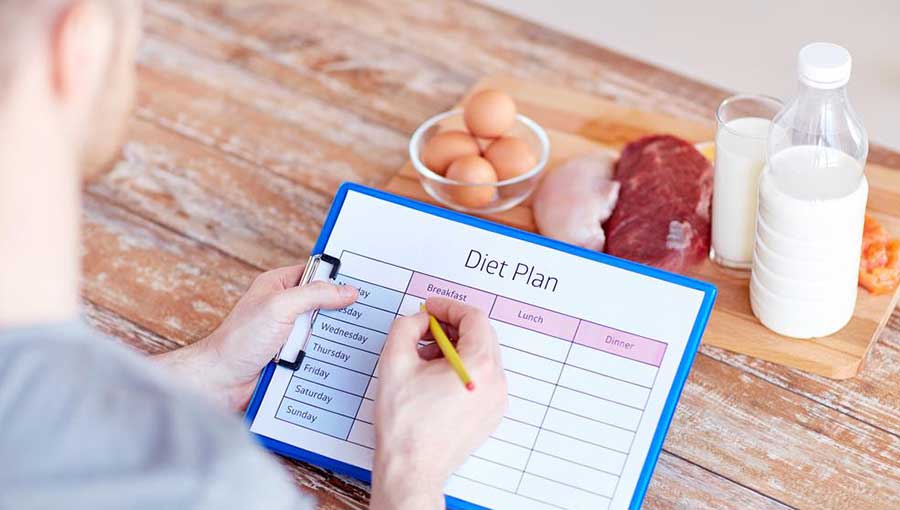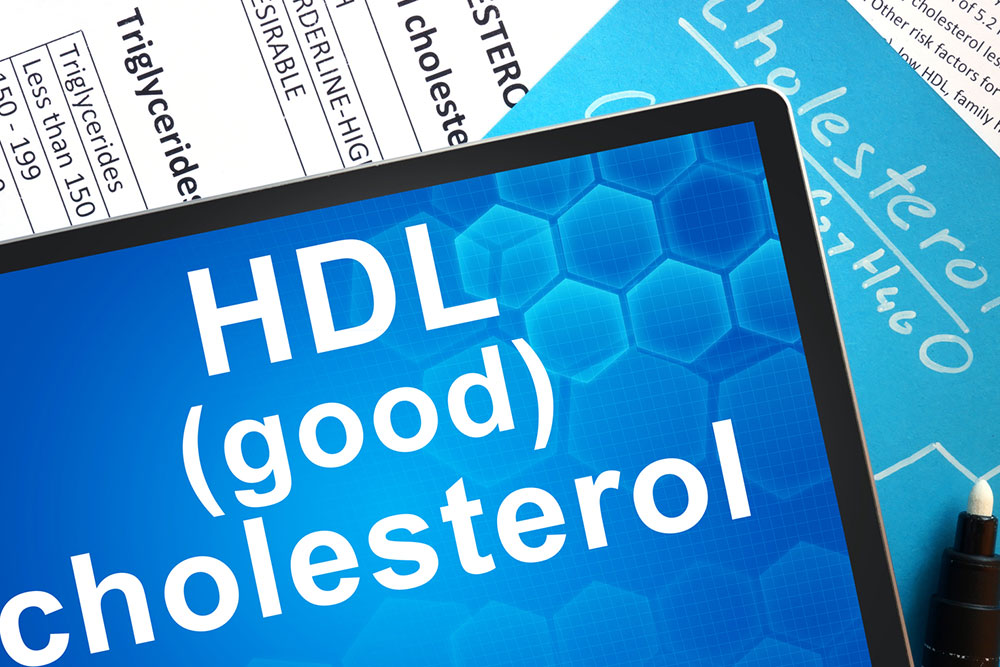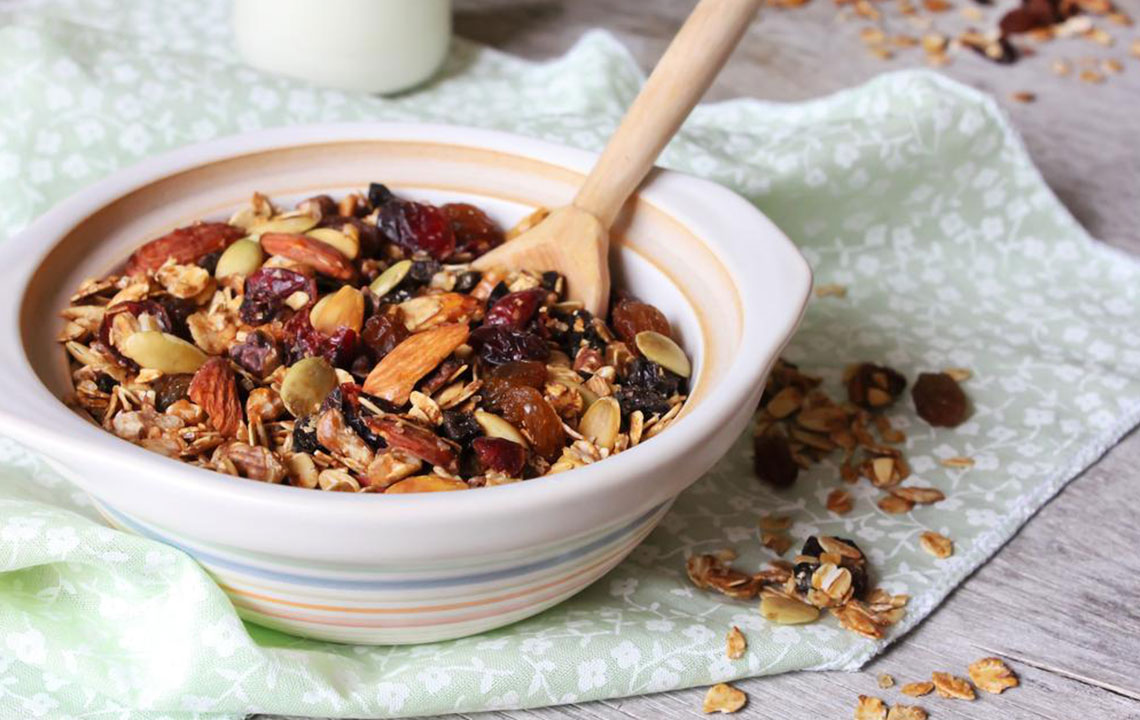Effective Natural Methods to Lower Cholesterol Levels
Discover natural methods to lower cholesterol effectively through diet and lifestyle. Incorporate heart-healthy foods like avocados, green tea, and fish, and engage in regular physical activity to improve your cardiovascular health. This comprehensive guide offers practical tips for managing cholesterol levels safely at home. Patience and consistency are essential for seeing results and maintaining long-term wellness.
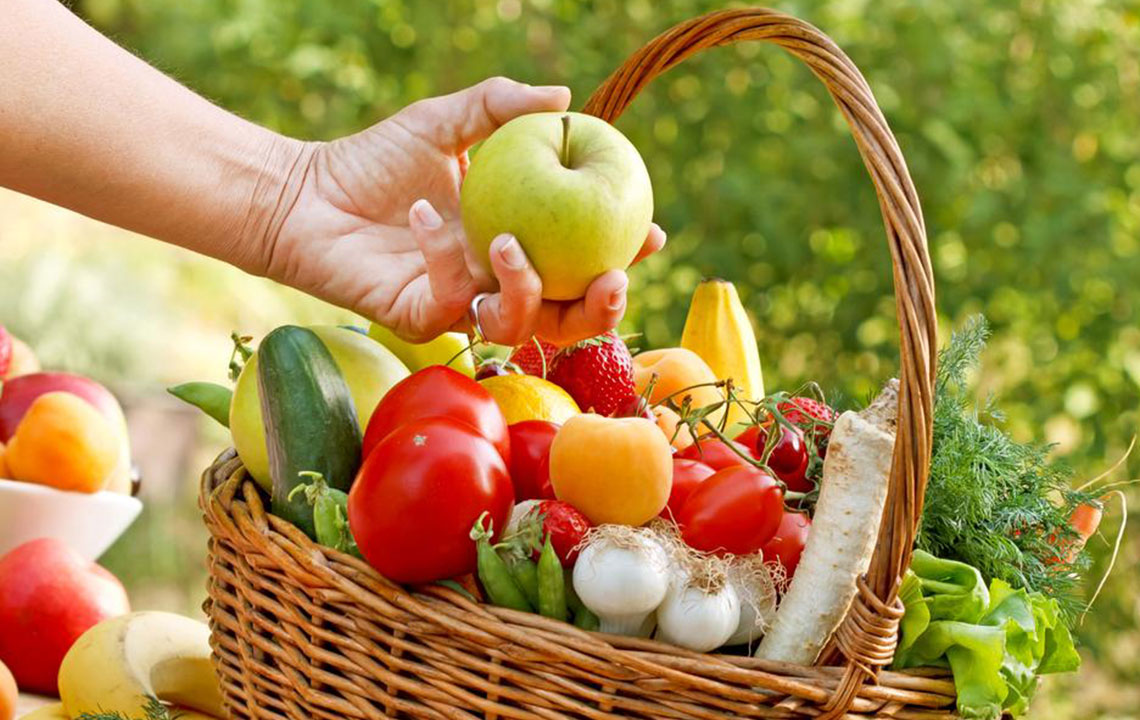
Effective Natural Strategies to Lower Cholesterol
If your recent tests show elevated cholesterol and blood pressure, your doctor likely recommended lifestyle changes, including exercise and diet adjustments, to manage these levels.
Engaging in physical activities like walking, jogging, or high-intensity workouts depends on your health and fitness. When it comes to diet, knowing what to include and avoid is crucial, especially unless you have food allergies. Here’s a list of foods that can help reduce cholesterol naturally:
Avocado:
Rich in fiber, oleic acid, and healthy mono-unsaturated fats, avocados boost good cholesterol (HDL) and lower bad cholesterol (LDL). Enjoy sliced in salads or simply eaten raw.
Whole Grain Rice:
Swap white rice for brown rice to benefit from its higher nutrient content, including vitamins B and E, magnesium, and selenium. A cup daily provides about 14% of your fiber requirement.
Cinnamon:
Known for lowering blood sugar, triglycerides, LDL, and total cholesterol, cinnamon helps maintain balanced cholesterol levels. Daily half a teaspoon added to tea enhances flavor and health benefits.
Garlic:
Allicin in garlic reduces LDL cholesterol. Consuming 1-2 raw cloves daily can decrease cholesterol by up to 12% according to studies, making it an effective natural aid.
Green Tea:
A calorie-free beverage, green tea aids in weight loss and cholesterol reduction by lowering LDL without impacting beneficial HDL. Drink without sugar for best results.
Broccoli:
Rich in fiber, broccoli binds bile acids in the digestive system, promoting excretion and lowering cholesterol. Include in salads or cooked dishes.
Fenugreek Seeds:
Regular consumption can lower LDL, total cholesterol, and triglycerides. Incorporate them into your diet to gain health benefits.
Fruits:
Including a fruit daily, such as apples, oranges, or pomegranates, adds fiber that helps reduce cholesterol levels naturally.
Nuts and Seeds: Flaxseeds, almonds, and walnuts contain fiber, protein, and omega-3 fatty acids. Incorporate them daily but avoid salted, fried, or sugar-coated varieties.
Tomatoes:
Tomatoes are rich in lycopene, which helps lower LDL cholesterol. Eating raw or cooked tomatoes, free of added fats or sugars, can support cholesterol management.
Colorful Vegetables:
Vegetables like peppers, spinach, eggplant, and okra provide fiber, potassium, magnesium, and iron. Use them in meal preparations without heavy oils or frying.
Fatty Fish:
Fish such as salmon, tuna, mackerel, and sardines are high in omega-3s, reducing triglycerides by up to 30% and increasing HDL. Include 1-2 servings weekly, cooked healthily by grilling or baking.
Adopting a combination of regular exercise and consuming these cholesterol-lowering foods can normalize your levels within weeks. Patience and consistency are key to a healthier heart and overall well-being.

